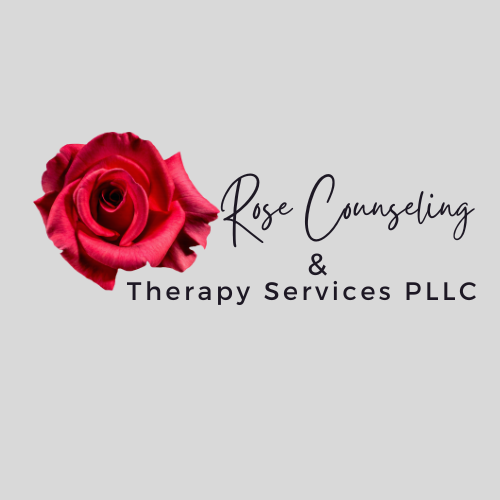Forgiveness in Relationships
Conflict is inevitable in every relationship, especially between couples. Even the kindest partners occasionally experience misunderstandings, disagreements, or hurt feelings. What separates healthy, thriving relationships from unhealthy ones is not the absence of conflict but the ability to recognize and repair it. At the heart of the repair process lies forgiveness—an essential tool for building and maintaining connection.
Why Is Forgiveness So Crucial in Relationships?
Promotes Emotional Intimacy
When a partner apologizes and extends forgiveness, it reinforces trust and vulnerability. Forgiving communicates, “I value this relationship more than this momentary pain.” This deepens emotional intimacy, reminding both partners that they are on the same team, even when mistakes are made.
Releases Emotional Baggage
Resentment or anger can weigh heavily on a relationship, creating emotional distance. Unforgiveness is a toxin that seeps into communication, affection, and overall connection. On the other hand, forgiveness is letting go, freeing both individuals from the burden of past grievances.
Builds Resilience
Couples who practice forgiveness develop greater resilience. They know that challenges or mistakes won’t spell the end of their relationship but instead offer growth opportunities. This resilience strengthens their bond and helps them weather future conflicts more easily.
Encourages Personal Growth
Forgiveness isn’t just about the other person; it’s also a gift to yourself. Choosing to forgive requires humility, self-awareness, and empathy. These qualities enhance your ability to thrive in the relationship and develop personal growth and maturity.
Aligns with Spiritual and Moral Values
For many, forgiveness is a cornerstone of their faith or moral belief. In Christianity, forgiveness mirrors the grace we receive from G. Extending that grace to your partner can feel like obedience and love, aligning your actions with deeply held values.
What Forgiveness Is (and What It Isn’t)
To welcome forgiveness in your relationship, it’s essential to understand what it truly means.
Forgiveness is:
A deliberate choice to release resentment.
An act of love and commitment.
A step toward healing and reconciliation.
Forgiveness is not:
Excusing harmful behavior.
Forgetting the offense entirely.
Pretending the hurt never happened.
Forgiveness does not mean abandoning boundaries or accountability. If the behavior that caused harm is ongoing or toxic, seeking professional help to alleviate those patterns is critical.
How to Cultivate Forgiveness
Acknowledge the Hurt
Both partners must be honest about what happened and the pain it caused. Avoid minimizing or dismissing feelings—acknowledgment is the first step toward healing.
Empathize with Each Other
Try to see the situation from your partner’s perspective. What might they have been feeling or experiencing? Empathy bridges the gap between hurt and understanding.
Communicate Openly
Express your feelings respectfully and allow your partner to do the same. Clear and compassionate communication helps rebuild trust.
Commit to the Process
Forgiveness is rarely instant. It’s a process that requires time and intentionality. Be patient with yourself and your partner as you take this journey.
Seek Support When Needed
If forgiveness seems impossible, consider seeking help from a licensed therapist. A professional can provide tools and guidance to help you and your partner heal and reconnect.
The Ripple Effect of Forgiveness
When forgiveness becomes a regular practice in your relationship, its benefits extend far beyond you. It creates a positive ripple effect, influencing the emotional climate of your home, family, and community. Modeling forgiveness teaches children and others around you the importance of grace, humility, and unconditional love.
Forgiveness is one of the most profound gifts you can give to your partner and yourself. It’s a practice rooted in love, empathy, and commitment—a choice that says, “This relationship is worth fighting for.” By embracing forgiveness, you pave the way for healing, growth, and deeper intimacy, creating a relationship that can weather storms.
